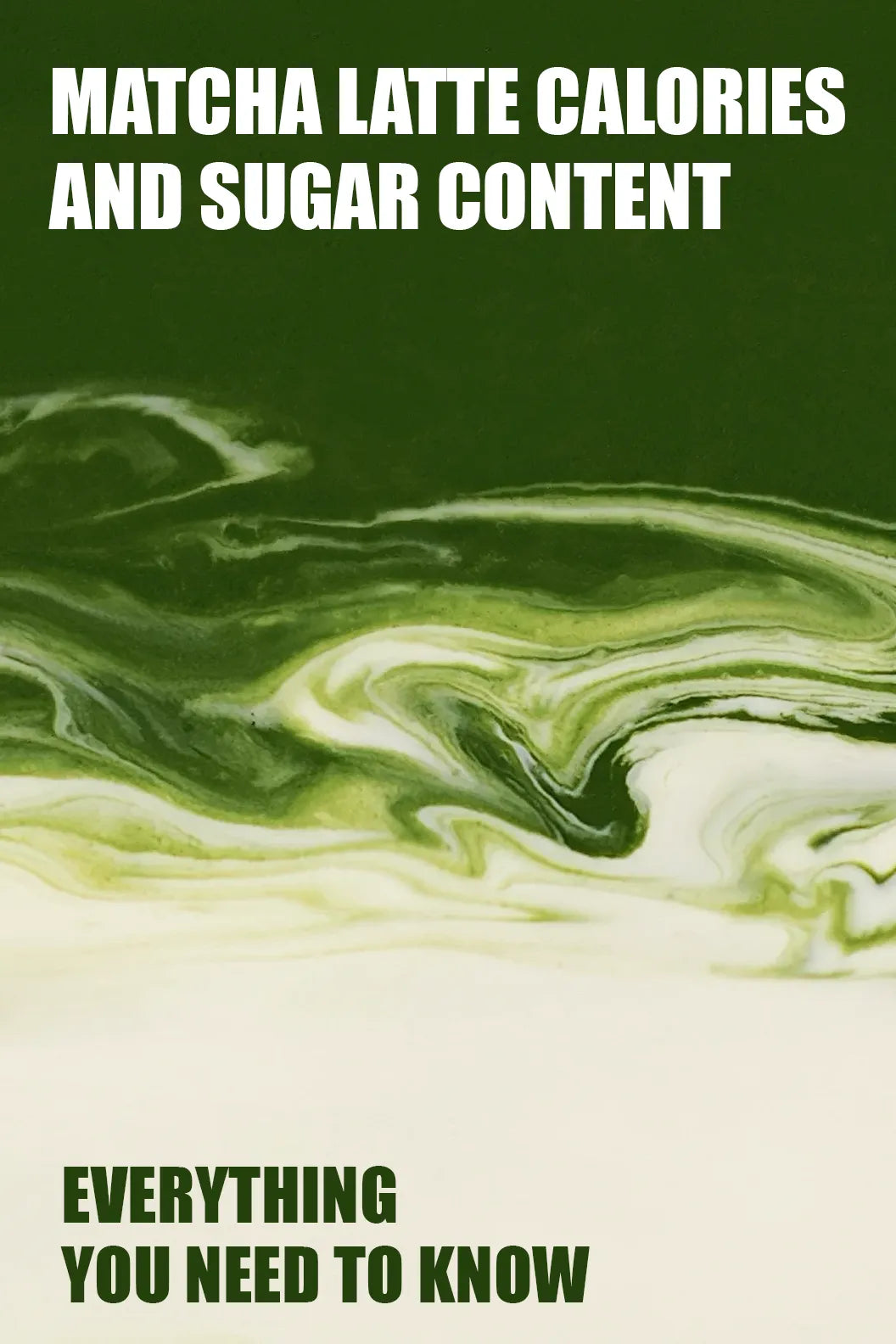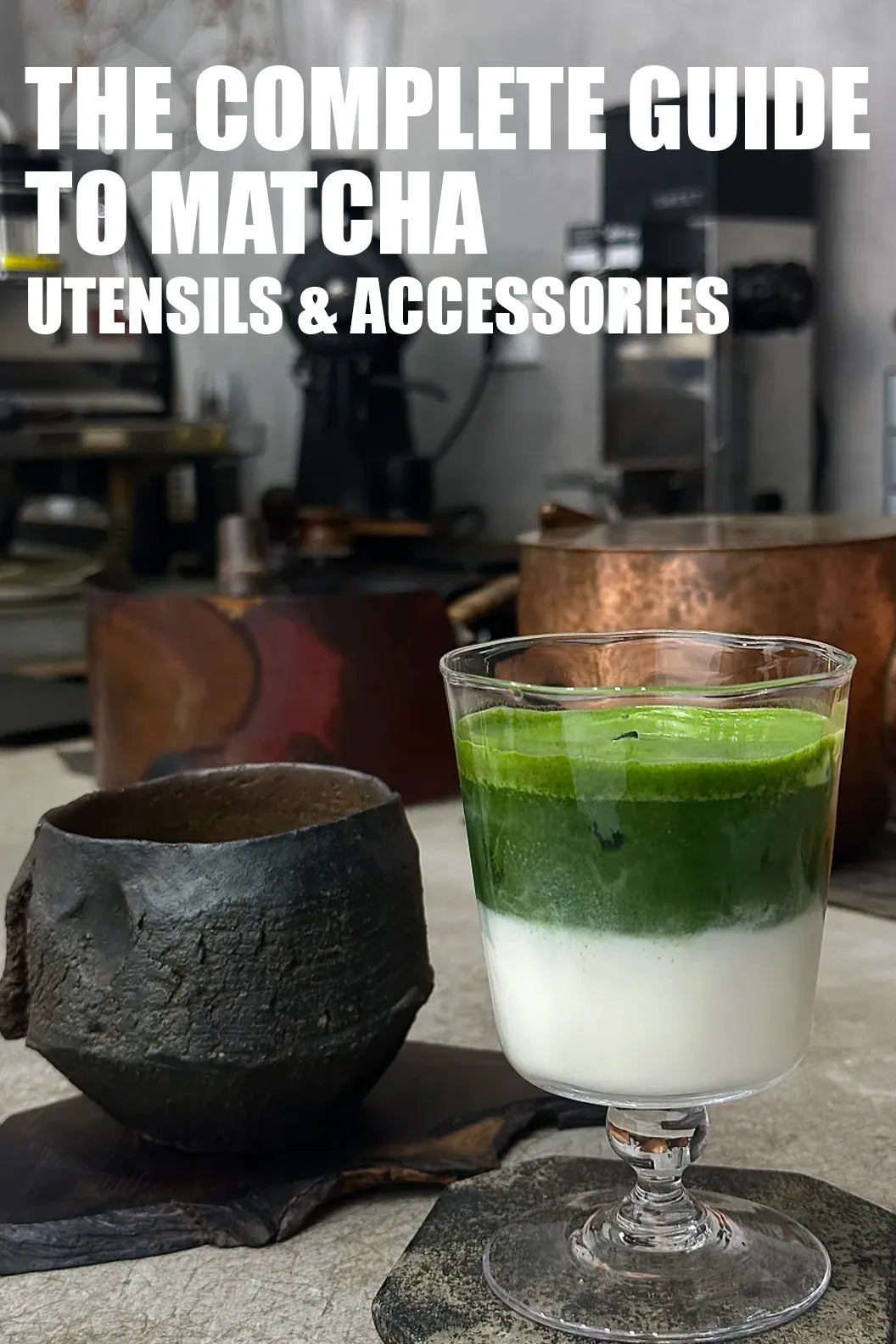Introduction: Do You Really Need a Matcha Whisk?
Traditional Japanese matcha is whisked with a chasen—a bamboo whisk that creates the iconic frothy texture and smooth flavor. While the chasen remains the gold standard (What Is Matcha?), you can still make a delicious matcha green tea without one. This article explores how to make matcha without a whisk, including practical alternatives, step-by-step guides, and tips to preserve matcha’s health benefits (Matcha Tea Benefits).
1. Why the Bamboo Whisk is Preferred
Before we talk alternatives, it’s worth understanding why the Leafmill Matcha Jingshan Bamboo Chasen is the tool of choice:
-
Aeration: The 100+ bamboo prongs incorporate air for a light, creamy texture.
-
Even mixing: Prevents clumps that affect flavor.
-
Tradition: Integral to the Japanese tea ceremony (chanoyu).
That said, life happens—you may be traveling, at the office, or just starting your matcha journey without all the tools. Let’s explore your options.
2. How to Make Matcha Without a Whisk
Method 1:
Shake in a Jar or Bottle
-
Add 1–2 teaspoons of matcha to a seal-tight jar or water bottle.
-
Pour in 2 oz hot water (175°F / 80°C).
-
Shake vigorously for 30 seconds.
-
Top with more water or milk.
Tip: A small stainless steel ball (like in protein shakers) can help break up clumps.
Method 2:
Use a Milk Frother
A handheld milk frother creates a similar foam to a chasen.
-
Add sifted matcha to a mug.
-
Pour hot water (not boiling).
-
Froth for 20–30 seconds.
Method 3:
Blender Method
Using a countertop or immersion blender:
-
Add matcha, water, and optional milk/sweetener.
-
Blend for 15–20 seconds until smooth.
Method 4:
Spoon & Sift Technique
If you have no electric tools:
-
Sift matcha into a cup to remove clumps.
-
Use a spoon to stir in a small amount of hot water until you form a paste.
-
Add remaining water/milk and stir until smooth.
Method 5:
Electric Kettle with Froth Function
Some kettles have a “tea latte” mode that stirs while heating. Perfect for matcha without a whisk.
3. Common Mistakes When Making Matcha Without a Whisk
-
Skipping the sifting step – leads to clumps.
-
Using boiling water – burns the matcha and creates bitterness.
-
Not enough agitation – results in uneven mixing.
4. Does Making Matcha Without a Whisk Affect Taste?
Yes, slightly. A whisk creates more microfoam and integrates air, giving a creamier mouthfeel. Without it, the flavor is still delicious but the texture might be less frothy.
If you want the authentic experience later, consider investing in a complete matcha tea set.
5. Expert Tips for Better Matcha Without a Whisk
-
Always sift your matcha first.
-
Use filtered water at 175°F (80°C).
-
Matcha grade matters – choose ceremonial grade for drinking straight, culinary grade for lattes and recipes.
-
Store your matcha airtight in a cool, dark place (Matcha Storage Guide).
6. When You Should Use a Whisk Instead
While alternatives work, a chasen is worth having if:
-
You drink matcha daily.
-
You want the silky froth found in Japanese tea ceremonies.
-
You’re aiming for the full traditional experience.
Explore our Leafmill Matcha Jingshan Bamboo Chasen for an authentic matcha preparation.
FAQ – Making Matcha Without a Whisk
Q1: Can I use a fork to make matcha?
Yes, but it’s less effective—matcha may still clump. A frother or shaker is better.
Q2: Can I make matcha in cold water without a whisk?
Yes, but use a shaker or blender for better results. Cold brew matcha takes longer to dissolve.
Q3: Does whisking affect matcha’s health benefits?
No, whisking only changes texture. Nutrients remain the same whether you whisk or not.
Q4: What’s the best travel-friendly way to make matcha without a whisk?
A small shaker bottle or thermos with a mixing ball is ideal for on-the-go matcha.



